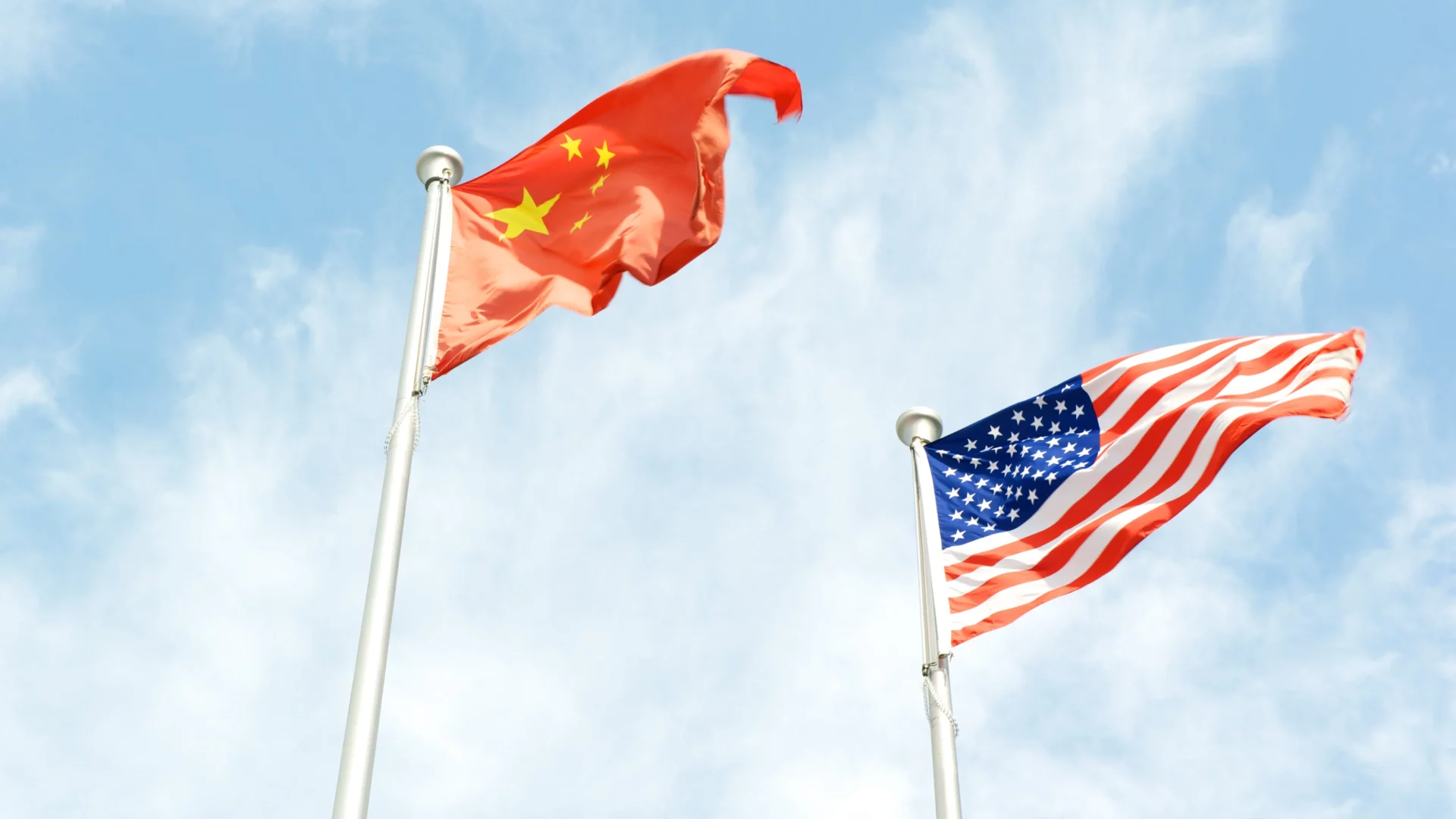U.S. Increases Measures Against China: New Tariffs to Address Improper Trade Practices
22. May 2024
Last week, U.S. Trade Representative Katherine Tai released a statement concerning the legally mandated review of tariffs under Section 301 related to China’s actions, policies, and practices in technology transfer, intellectual property, and innovation. President Biden has directed Tai to implement additional measures to address China’s technology transfer practices that continue to burden U.S. trade and harm American companies and workers.
Background and Objectives of the Section 301 Investigation
The Section 301 investigation was initiated to address China’s trade practices involving technology transfer and intellectual property theft. The Office of the U.S. Trade Representative (USTR) regularly reviews the impact of these tariffs on the American economy and their effectiveness. Since the tariff review against China began in May 2022, the USTR has analyzed nearly 1,500 comments and held numerous meetings.
While some improvements have been noted since the implementation of the tariffs, China has avoided comprehensive reforms and has even expanded its activities in areas like cyber intrusions and theft. The review found that although the measures have prompted some changes in China’s behavior, they are insufficient to effectively address all problematic practices.
This investigation aims to adjust tariff policies to better support the trade objectives of the U.S. The practices of China weigh heavily on U.S. trade and harm American workers and companies. The review results are intended to evaluate the effectiveness of the tariffs and make necessary adjustments to better achieve the investigation’s goals.
Planned Tariff Changes
Trade Representative Tai proposes maintaining existing tariffs on certain products from China and increasing them in some cases. The strategic sectors affected by the new measures include:
- Non-lithium-ion battery parts: Increase to 25% in 2024
- Electric vehicles: Increase to 100% in 2024
- Face masks: Increase to 25% in 2024
- Lithium-ion batteries for electric vehicles: Increase to 25% in 2024
- Lithium-ion batteries for other purposes: Increase to 25% in 2026
- Medical gloves: Increase to 25% in 2026
- Natural graphite: Increase to 25% in 2026
- Other critical minerals: Increase to 25% in 2024
- Permanent magnets: Increase to 25% in 2026
- Semiconductors: Increase to 50% in 2025
- Cranes for maritime traffic: Increase to 25% in 2024
- Solar cells: Increase to 50% in 2024
- Steel and aluminum products: Increase to 25% in 2024
- Syringes and needles: Increase to 50% in 2024
Additional Recommendations from the USTR Report
In addition to the tariff adjustments, the USTR report includes recommendations to support American manufacturing and enforce the tariffs. Key suggestions include:
- Introduction of an exclusion process for machines used in domestic manufacturing, including 19 exemptions for specific solar manufacturing equipment.
- Additional funds for the U.S. Customs and Border Protection to enhance the enforcement of Section 301 measures.
- Increased collaboration between private companies and government agencies to combat state-sponsored technology thefts.
- Ongoing evaluation of approaches to support the diversification of supply chains, to enhance domestic supply chain resilience.
Significance for the U.S. Economy
Economic analyses indicate that the existing Section 301 measures have helped reduce imports from China and increase imports from alternative sources, including U.S. allies, potentially supporting the diversification and resilience of U.S. supply chains. Despite these positive effects, the tariffs have also had minor negative impacts on the overall economic well-being of the U.S., particularly due to retaliatory tariffs imposed by China.
Conclusion
The planned tariff changes and proposed measures aim to continue addressing China’s trade practices while protecting and promoting the interests of the U.S. economy. The U.S. government remains committed to using all available means to protect American jobs and investments and to strengthen the nation’s innovative capacity.


